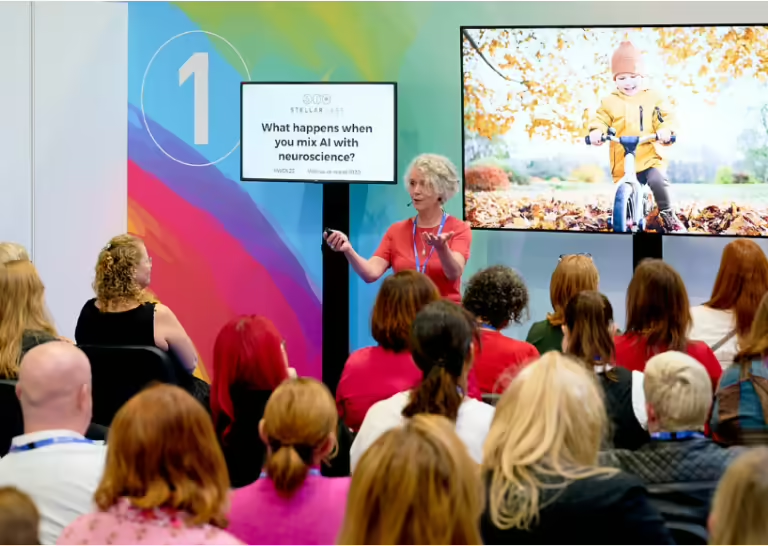One evening you walk into your kid’s bedroom and ask how the homework is going. In one hand she holds a smart phone on which she is managing multiple Facebook conversations. It also buzzes quietly when a text or Snapchat message comes through. She is viewing a YouTube video on her tablet. And a sitcom is playing on a laptop. “It’s going great,” she says. You wonder how anyone can get anything done with all this multitasking.
Believe it or not these kids, Generation Z (or the “iGen”) will be entering the workforce at the end of this decade. As today’s kids grow up with unique Generation X parenting styles and with undreamed of technology gadgets, the way they will someday work will surely be different from today’s workforce.
A significant change in the age demographic of office workers is near. Just as organisations are coming to grips with the needs of the emerging Generation Y, a new group, Generation Z, is looming on the horizon. Little is known about Generation Z, the children of Generation X. This generation began in the mid-1990s and is ongoing. The first of this group have graduated college and are entering the workforce now. Right about the time when Generation Y will hit its peak as a share of office workers. Thus, the workplace will need to address both groups.
The challenge is to serve not only Generation Y workers, but to also anticipate the workplace needs of the emerging Generation Z so that both groups can work effectively.
But Generation Z will not be a simple “amplification” of Generation Y traits. There are similarities between Generations Y and Z, such as smaller family sizes, closeness and connection to parents, heavy use of online social media and portable technologies. But their upbringing and use of technology are different, resulting in significantly different outlooks.
This is the “device” generation and for them there has always been “an app for that” they don’t know any different.
Capterra suggest ways to train the “iGen” here
Information Week identifies values and work habits here
Members of Generation Z have a unique set of characteristics that could easily propel them to leadership positions at work (such as being expert at online collaboration tools), or at the same time, trip them up and cause career setbacks (i.e., weak face-to-face social skills). Like each previous generation, their distinctive perspectives should be understood so that management practices and workspaces can best support their needs.
Generation Z’s differences in outlook and technology choice will directly impact on the way that they respond to training, undertake learning and record professional development. Learning must be intuitive and broken down to informal bite sized chunks. Don’t expect them to print anything, so recording and logging learning needs to happen online.
It’s key to provide a variety of learning and professional development opportunities that can be accessed readily and easily through online sources.
What do you think? How will dealing with Generation Z affect your training, or won’t it make any difference?







